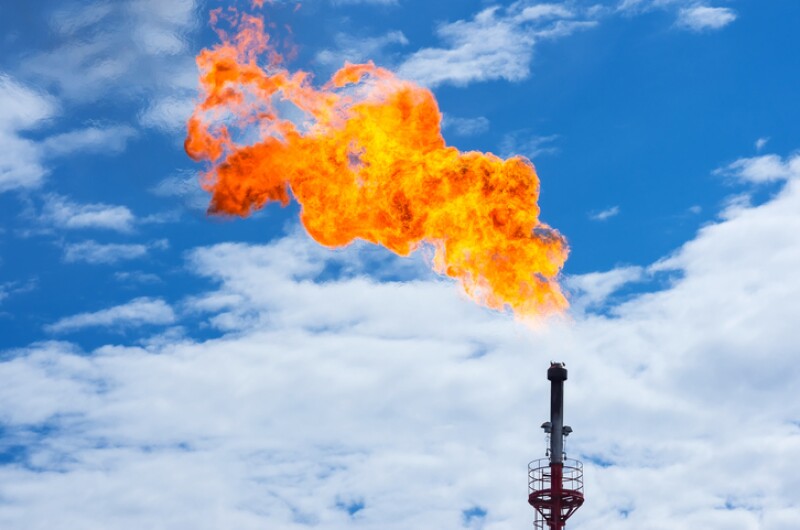Dorit Hammerling, an associate professor of applied mathematics and statistics at the Colorado School of Mines (Mines), is leading efforts to mitigate methane emissions in oil and gas production.

She co-founded the Energy Emissions Modeling and Data Lab (EEMDL), an interdisciplinary initiative involving Mines, The University of Texas at Austin, and Colorado State University. EEMDL collaborates with industry stakeholders to develop and implement predictive models that accurately detect and quantify methane leaks at natural gas facilities.
Methane leakage is a significant contributor to greenhouse gas emissions. Hammerling’s work focuses on creating transparent and actionable solutions for emission detection. Using data collected from sensors, airplanes, and satellites, her team develops open-source mathematical models to pinpoint the location of methane leaks and to measure the extent of the leaks. These models bridge the gap between raw data and actionable insights, enabling companies to localize and address leaks effectively.
EEMDL operates directly at oil and gas facilities to test and refine these models under real-world conditions. This hands-on approach ensures that the methods are both practical and reliable, allowing immediate adjustments, such as repositioning sensors, based on model outputs. Hammerling’s team works closely with industry operators, providing them with tools to replicate the technology and methodologies for broader application.
The initiative is driven by the goals of the Global Methane Pledge, which emphasizes rapid detection and reduction of methane emissions. By combining modeling, on-site testing, and industry collaboration, EEMDL is creating a blueprint for efficient and scalable emission control technologies.
The Colorado School of Mines plays a crucial role in this work, offering expertise from its petroleum engineering department and the Global Energy Futures Initiative. Hammerling credits the institution’s focused mission and collaborative environment for advancing her research. Together, they are helping the oil and gas industry maintain high-quality output while significantly reducing environmental impact.

